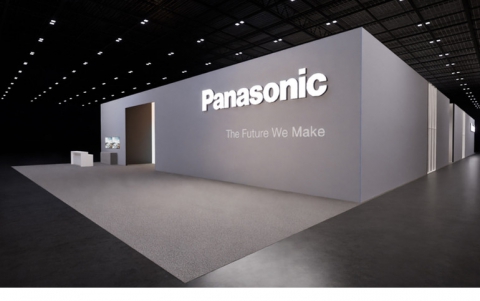
Google Assistant Will Prevail Against Amazon's Alexa
The long-term platform battle in this market is expected to be between Amazon's Alexa and Google Assistant, and IHS Markit expects that though Google's ecosystem will help it eventually prevail, although the affordability-based success of Amazon's Echo Dot is a competitive challenge Google will need to address to succeed.
Smart speakers are an increasingly important anchor for virtual assistants in the smart home, and expected to grow to a base of 45 million units by the end of 2020, IHS Markit says.
"Echo Dot's inexpensive pricing has proven a volume success for Amazon, and is helping to grow the entire category - and Alexa's foothold into the mainstream," said Paul Erickson, Senior Analyst for IHS Markit. "Though Google possesses advantages in the virtual assistant race, Alexa's Echo Dot-driven surge is a competitive development they will need to respond to quickly. The longer it takes for impulse-buy-priced Google Assistant Smart Speaker products to arrive, the more the future will be one where the Google-Amazon competitive relationship in the virtual assistant landscape will be one of co-existence rather than Google's preferred position of dominance."
Despite Amazon's strong first-mover advantage and momentum, Google Assistant will eventually benefit from scale -- a unified presence across all Google platforms; and fundamentals -- the ability to enhance consumers' everyday virtual assistance experience via its strength in search as well as deeper personalization thanks to data from Gmail, Chrome, Maps and other Google services. Additionally, Google Assistant will be able to play media to the growing multi-brand Google Cast universe of devices -- Chromecasts, smart TVs, speakers and Android TV devices.
With Google Home and Assistant both relatively new, these advantages are expected to take time to combine and build momentum, IHS Markit analysis shows. Amazon capitalized on this in the fourth quarter of 2016 with a less-expensive Echo Dot, discounted Echo Dot multi-packs, and an aggressive Alexa television ad campaign -- to highly successful results in the 2016 holiday buying season.
Echo Dot has become Amazon's Trojan horse for Alexa penetration into the smart home -- similar to Google's Chromecast and the Google Cast standard, IHS Markit says. Though Google's advantages are expected to eventually pull Google Assistant ahead in both smart speakers and the overall virtual assistant race, strong developer momentum behind Alexa and surging Echo Dot sales will make this increasingly difficult.
IHS Markit currently estimates 2017 platform shipments of Smart Speakers at a conservative 4.1 million units for Alexa, and 1.5 million for Google Assistant. Google Assistant is expected to eventually out-ship Alexa by 2020. Despite this, Alexa is still expected to remain the installed base leader in Smart Speakers for several years beyond thanks to the current momentum of Echo Dot.













